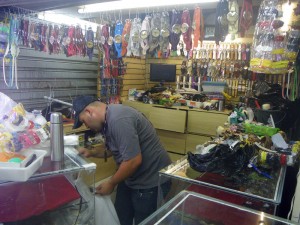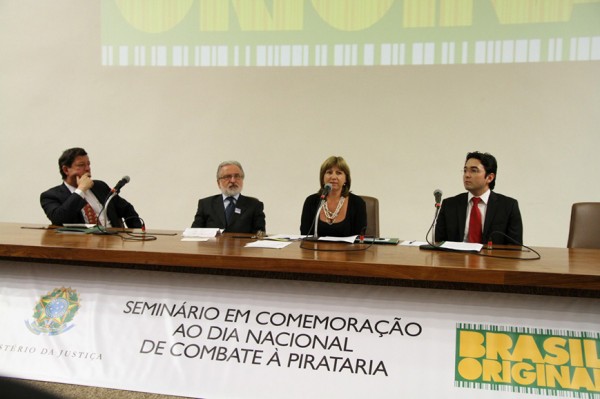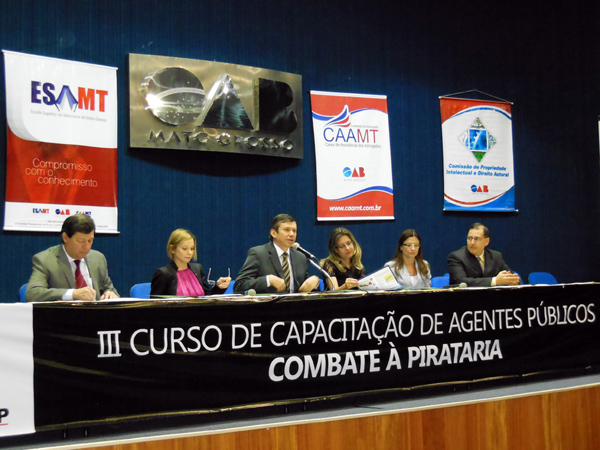
Press Release / Municipal Secretariat for Urban Security
The Procon-SP Foundation fined R $ 5 million to mall management companies in downtown São Paulo for piracy and illegal trade in products. In the 11 establishments, 16 million illegal products were seized.
The verification of irregularities occurred during the inspection carried out by the Integrated Security Management Office (GGI) and coordinated by the Municipal Secretariat of Urban Security of São Paulo, following the objectives of the Cidade Livre de Pirataria Program, which is managed by ETCO.
The action demonstrates the importance of integrating various public bodies and civil institutions for effectiveness in combating piracy and illegal trade. The initiative was only possible once Procon-SP, as a member of the Committee to Combat Piracy, participates in the operations coordinated by the Secretariat and has access to reports of the results of the seizures.
The company Maxim Administração e Participações Ltda., Fined R $ 4,5 million, manages the shopping malls 25 de Março I, II and III, Jhuta Fashion Mall, Korai, Galerias Imperial, 39, Boa, 960 and Florêncio, all located at Brás and Rua 25 de Março. The company Mundo Oriental Patrimonial, fined R $ 458 thousand, is responsible for the homonymous shopping mall Mundo Oriental, also in the city center.
Balance
Since 2010, when São Paulo joined the Cidade Livre de Pirataria Program, until now, the integrated actions of GGI totaled 49 joint operations and 128 one-off operations, which seized a total of 78 million illegal products. Of this total, 53 million were in commercial establishments - predominantly clothes, bags, watches and sneakers - and 25 million on the streets of the city, including CDs and DVDs, clothing and electronic accessories.
Of the products seized in commercial establishments, valued at more than R $ 2 billion, more than 50% have already been destroyed, with the recycling of materials, except for those listed in police investigations, those pending administrative resources and those that are pending to authorize the undoing.








